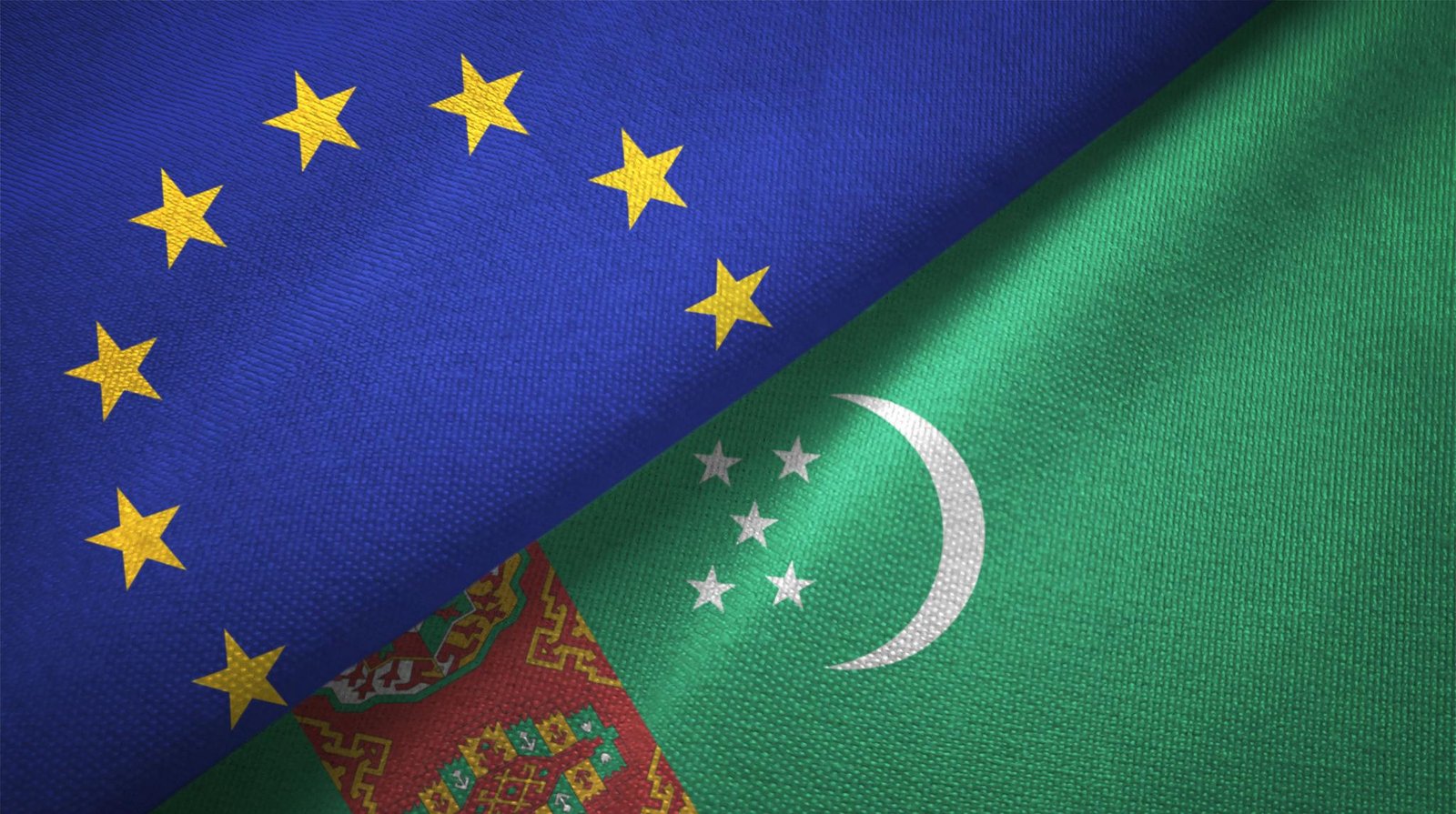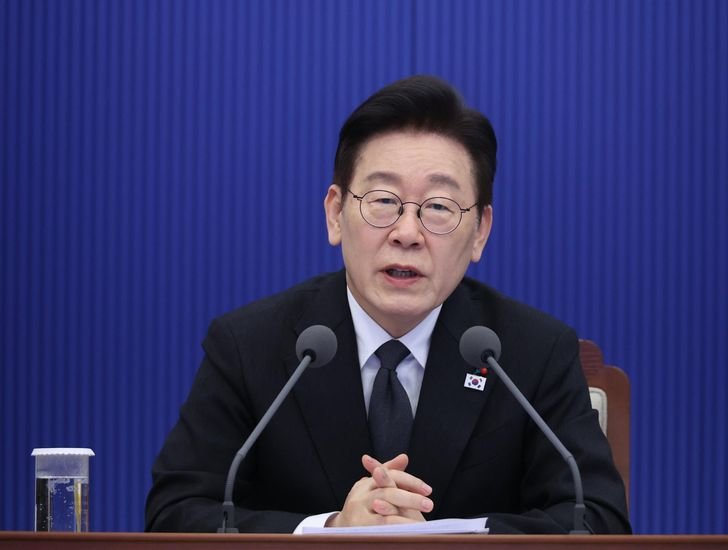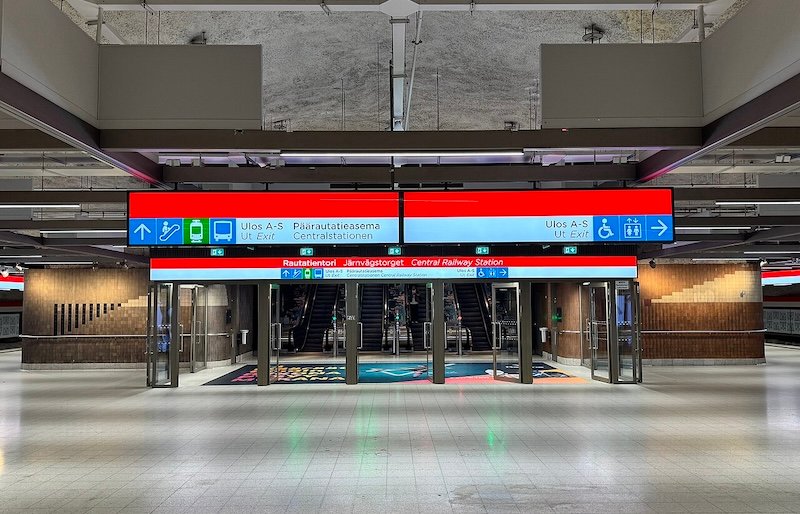Rabat, June 29, 2025 – The Europe Today: Morocco has announced a landmark partnership with Hong Kong-based Jungnong Group, a subsidiary of China’s Agricultural Development Group, to launch a high-tech, sustainable agriculture hub aimed at transforming semi-arid regions and boosting the country’s green development goals.
The initiative, formalized through a memorandum of understanding with Morocco’s Ministry of Agriculture, Maritime Fisheries, Rural Development, and Water and Forests, represents an initial investment of MAD 220 million ($22 million) and underscores Morocco’s commitment to innovation-led farming.
At the core of the project are three strategic objectives:
- The widespread implementation of localized drip irrigation systems,
- Rehabilitation of saline and alkaline soils, and
- Cultivation of high-value, low-water crops such as olives, pomegranates, almonds, and figs.
Jungnong Group plans to deploy a suite of digital agriculture tools, including soil nutrition management platforms and data-driven monitoring systems, which are expected to cut water consumption by up to 50% while increasing crop yields by more than 20% per hectare.
In addition to boosting productivity, the project will transform semi-arid regions into export-oriented agricultural zones, while also delivering social impact. A dedicated vocational training center will train local farmers and technicians in smart agriculture techniques, creating over 300 direct jobs.
Morocco’s Minister of Agriculture hailed the collaboration as “an integrated development model that merges technology with social impact,” noting its importance in a country where agriculture remains a lifeline for rural communities.
For Jungnong, the partnership positions Morocco as a strategic launchpad for expansion across North Africa, including Algeria, Tunisia, and Egypt, under its broader South-South cooperation strategy. The company has previously implemented successful projects in Southeast Asia and Latin America.
Experts see the investment as a pioneering model built on the “golden triangle” of capital, technology, and value chains, providing a replicable blueprint for future agricultural cooperation in climate-vulnerable, emerging markets. As food security and water scarcity become pressing global concerns, such initiatives are expected to gain growing relevance.














